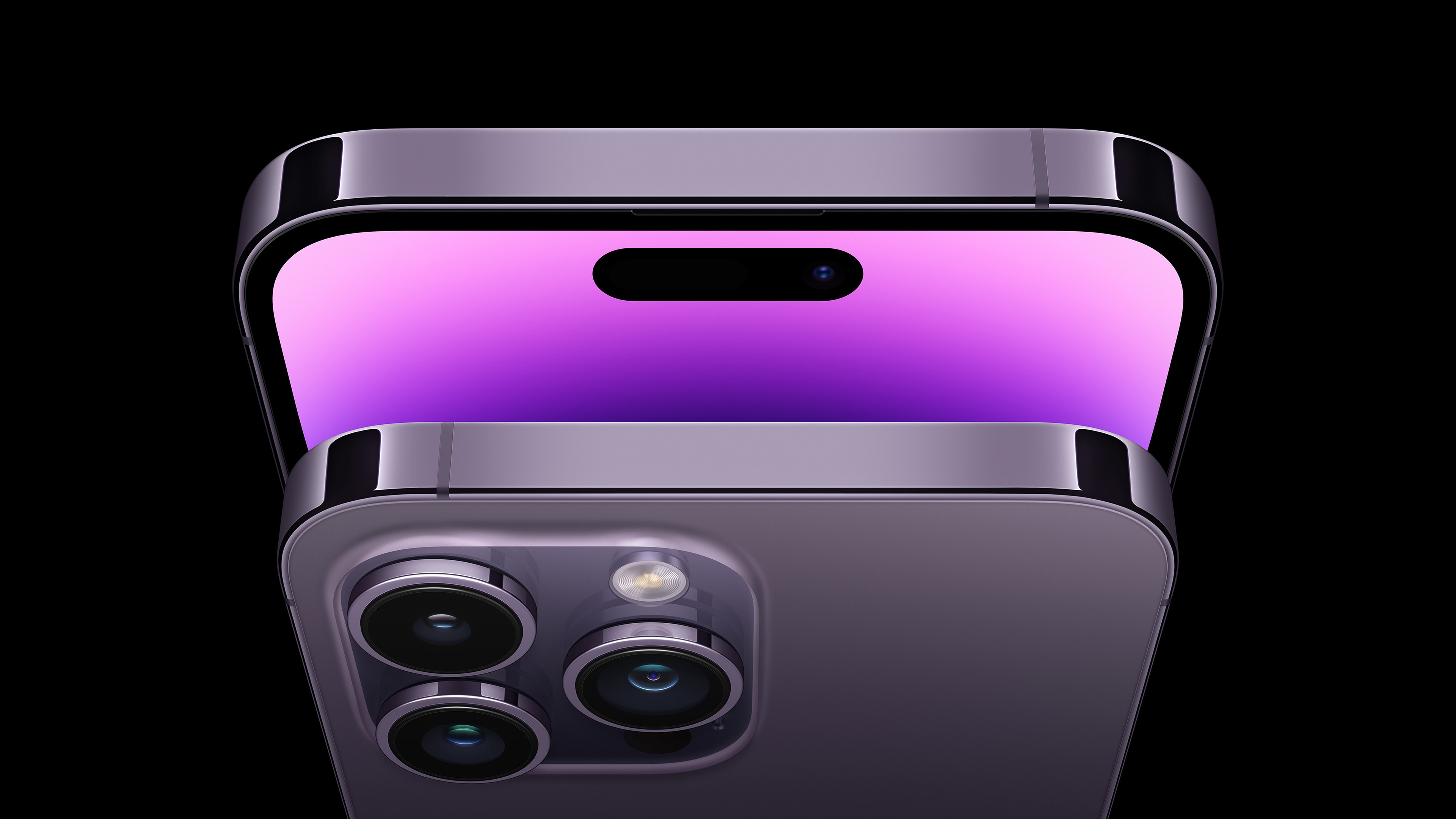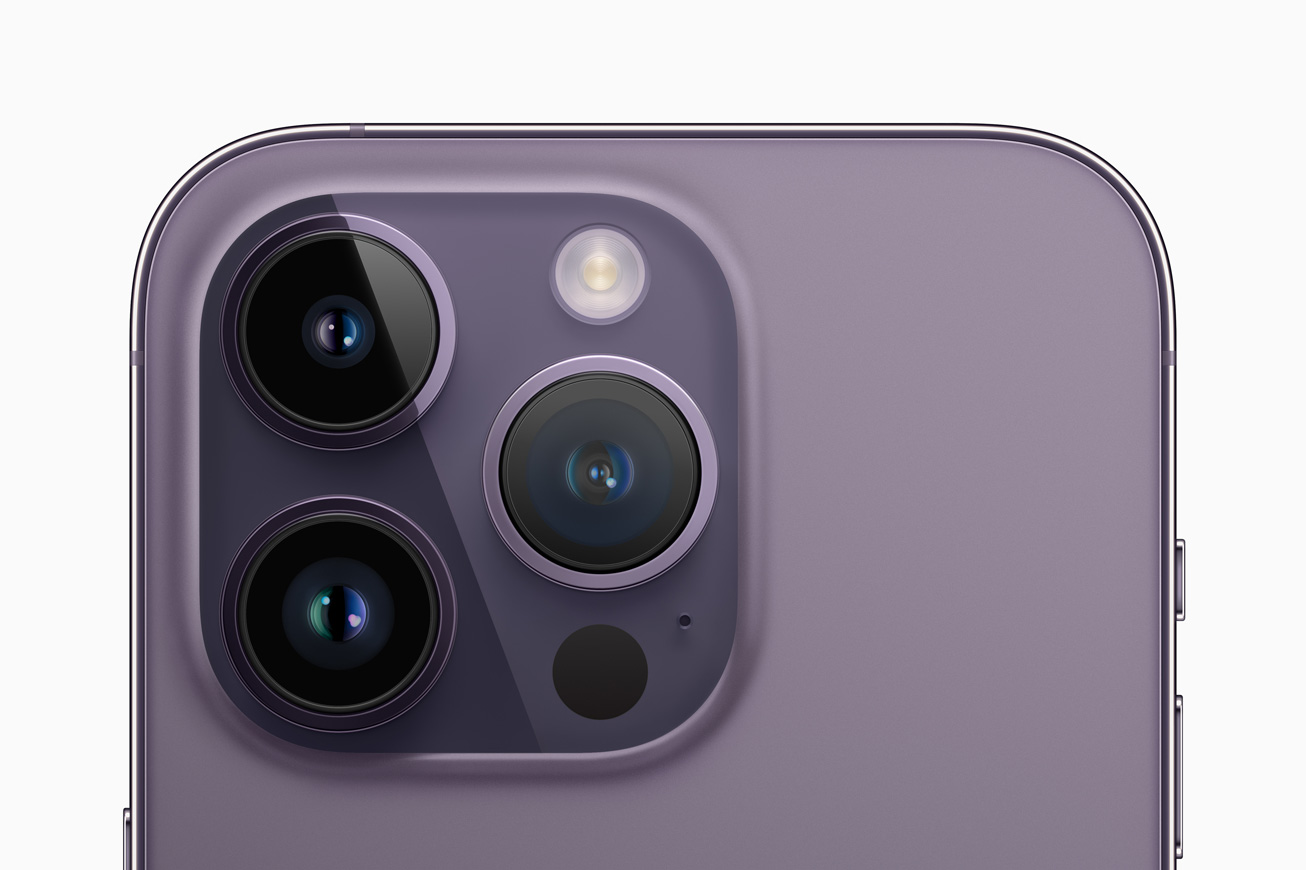iPhone 14 confirmed to deliver incredible Android schooling power upgrade
iPhone 14 schools every Android phone flagship with world's fastest-ever mobile benchmark scores


Great news for those people who have been thinking about upgrading to Apple's new iPhone 14 or iPhone 14 Pro smartphones comes courtesy of official benchmark scores being revealed for the phones.
The news is so good for Apple phone fans as it confirms that, without doubt, iPhone 14 has every single one of the best Android phones well and truly schooled in terms of processing power.
That's because, as confirmed in real-world testing by T3's sister site Tom's Guide, iPhone 14, iPhone 14 Pro and iPhone 14 Pro Max, as powered by the A15 and A16 Bionic processors, all leave the best of Android playing the ultimate game of catch-up.
For example, the iPhone 14 Pro Max - which is the crème de la crème of the new range's offering, posted a Geekbench 5 single-core score of 1,882 and a multi-core score of 5,333.
In comparison, the fastest Android phone tested with Geekbench 5, the Asus ROG Phone 6 Pro, as powered by the Snapdragon 8+ Gen 1 processor, could only post a single-core score of 1,316 and a multi-core score of 4,197. The iPhone 14 Pro Max therefore beat the best of Android by over 500 points in single-core tasks and 1,000 points in multi-core. That's huge.
The fastest iPhone 14 handset on test actually, though, according to benchmarking, was the iPhone 14 Pro not the Pro Max, which racked up an Android breaking 5,469 multi-score score and 1,891 single-core score in Geekbench 5. In comparison, the best Android phone Google makes, the Pixel 6 Pro, only posted 2,760 in multi-score and 1,027 in single-core. That's a 2,709 point gap at multi-core level, which is absolutely massive.
What's perhaps most shocking, and the worst news for makers of the best Android phones, is that even the standard iPhone 14, as powered by last year's A15 Bionic chipset, still posted better scores than this year's fastest Android phones.
Get all the latest news, reviews, deals and buying guides on gorgeous tech, home and active products from the T3 experts
The Samsung Galaxy S22 Ultra, for example, posted a multi-core score of 3,392 and 1,240, while the iPhone 14 posted a multi-core score of 4,553 and 1,727. Equally, the fastest Android phone tested, the ROG 6 Pro (see scores above), also couldn't beat last year's A15 Bionic chip. This means that Android isn't just playing catch-up to this year's new Apple silicon, but it is still playing catch-up to last year's, too.

The T3 take: sobering news for Android, but all is not lost
The numbers don't lie – right now Android is so far behind Apple in terms of processor efficiency, power and performance it is almost laughable.
Apple silicon is now the exemplar in the mobile phone space and it means that the iPhone 14 range of handsets has an incredibly attractive ace in the hole over Android – and a great way to entice people to upgrade to iPhone.
I mean, some of those benchmark scores are just crazy high and the gap to the best that Android can offer crazy big. In terms of bragging rights, iPhone users, and specifically iPhone 14 users, win the day easily.
And those numbers do equate to better real-world performance, too. iPhone 14 will run games, applications and its own iOS 16 incredibly quickly, while doing so in a way that is efficient in terms of battery drain. There's going to countless other benefits to that rapid silicon, too, including video/image taking and processing, data crunching, multi-tasking and more. That extra power also means iPhones are future-proofed for new, power-intensive apps and games released in the future.
Basically, whatever Android can do in terms of performance and efficiency, iPhone can do better right now.
However, there is of course one big caveat to all this, which brings a little bit of perspective, too – for most phone owners, the theoretical extra performance on offer by iPhone won't be noticed or used.
Because, after all, the majority of phone users only use their devices to undertake very low-key, basic functions, such as using WhatsApp, browsing the internet, listening to music or watching YouTube videos, or playing a graphically not intensive game such as Candy Crush Saga. That levels the playing field for sure.
But, for power users and those who prize owning hardware with the best tech on the market powering it, these benchmarks show that iPhone 14 is - and will almost certainly remain - the most technologically advanced choice for phone users throughout 2022 and 2023.
Apple is on fire right now and the pressure is well and truly on Android to match it.

Rob has been writing about computing, gaming, mobile, home entertainment technology, toys (specifically Lego and board games), smart home and more for over 15 years. As the editor of PC Gamer, and former Deputy Editor for T3.com, you can find Rob's work in magazines, bookazines and online, as well as on podcasts and videos, too. Outside of his work Rob is passionate about motorbikes, skiing/snowboarding and team sports, with football and cricket his two favourites.